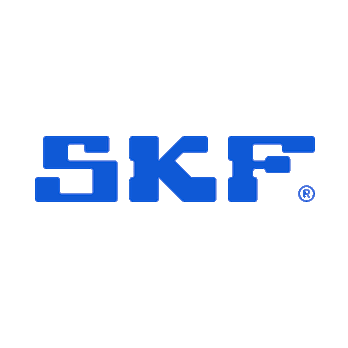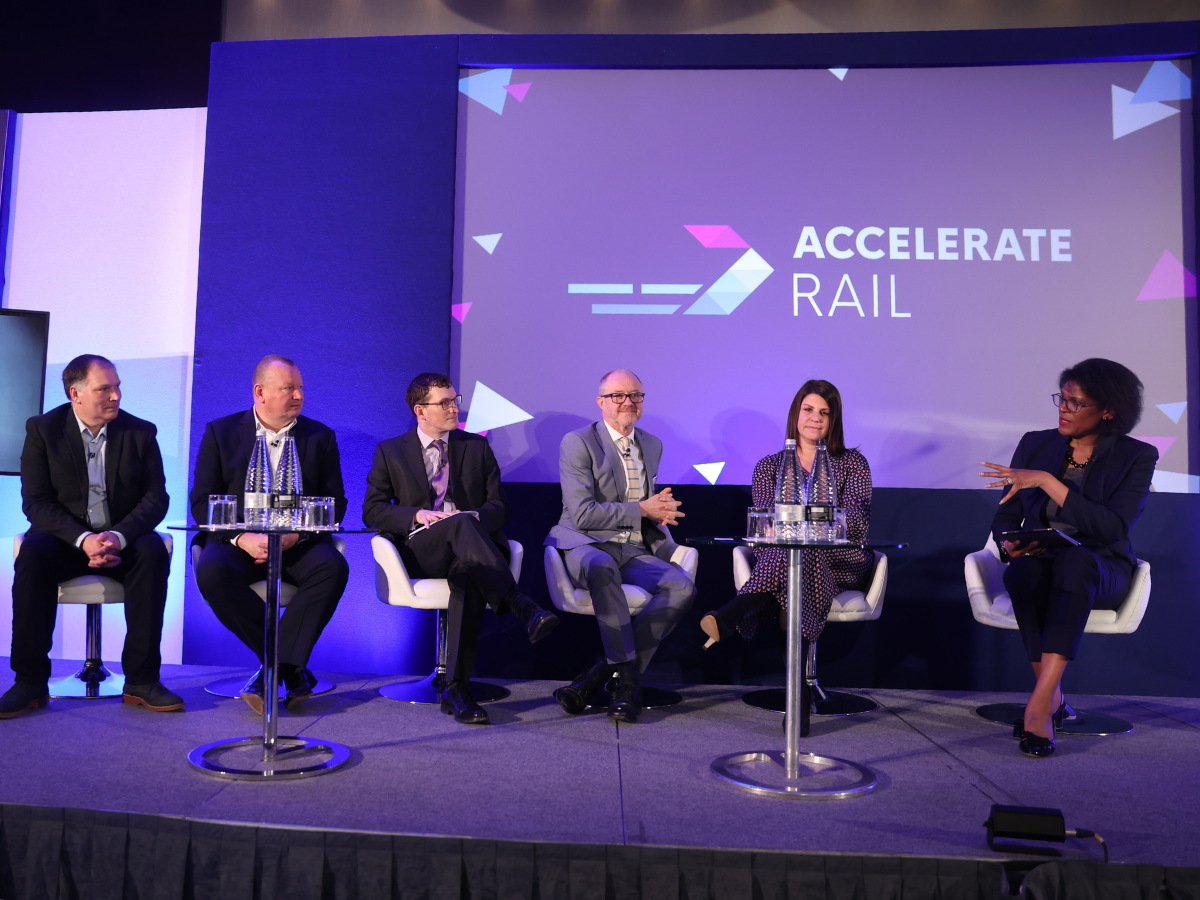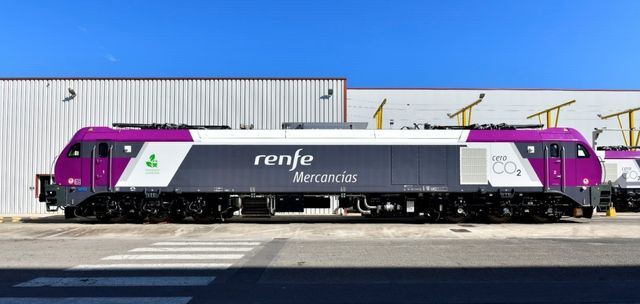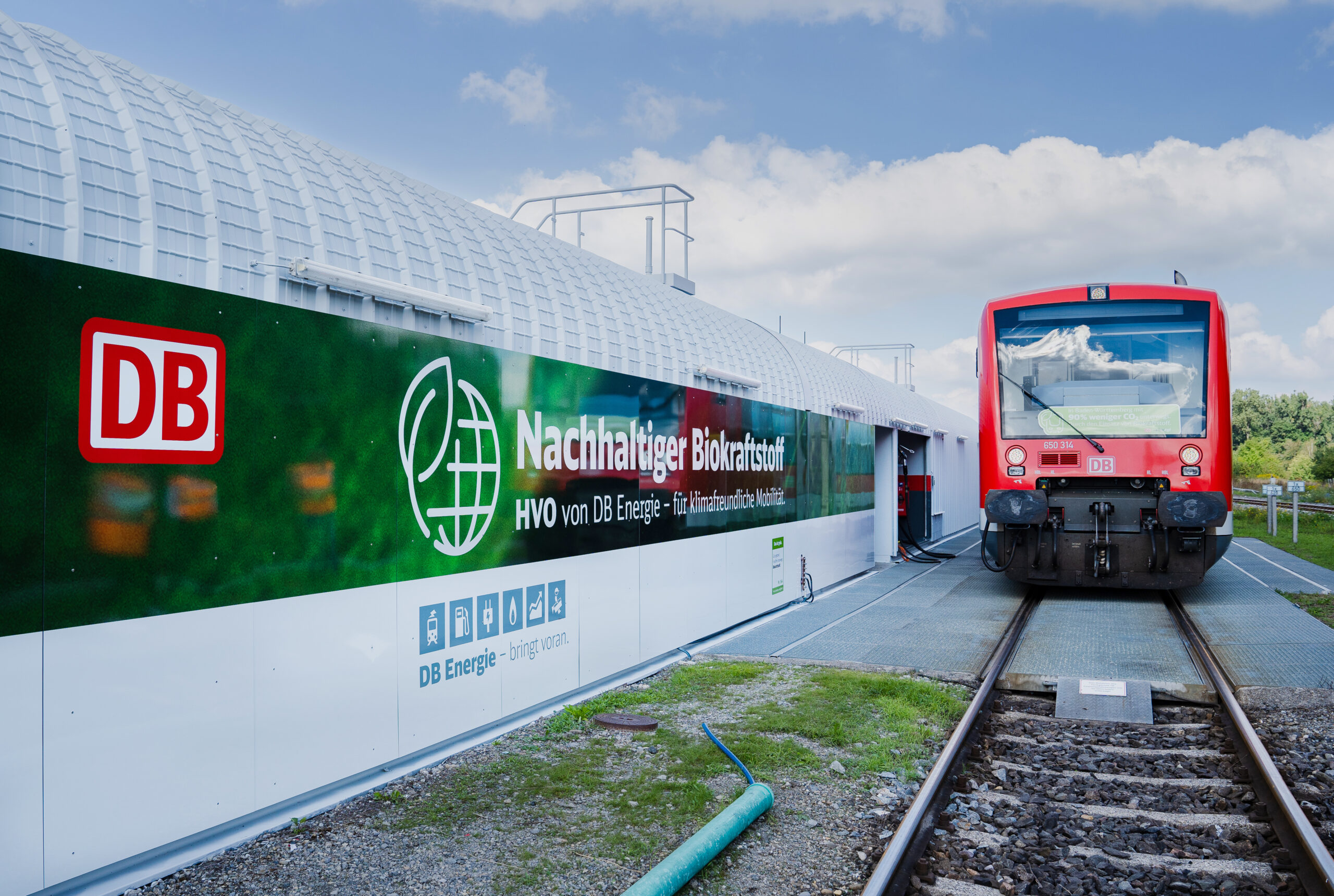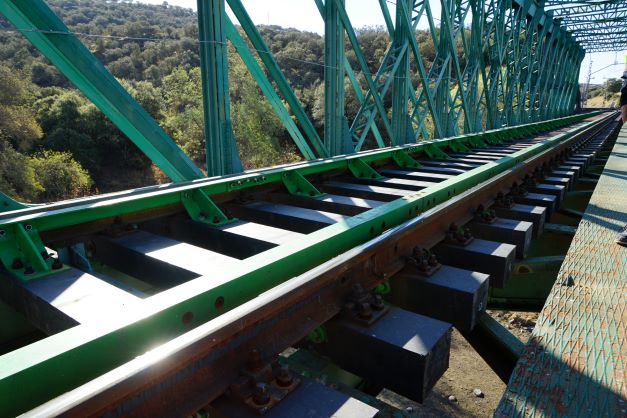Sustainability already makes up large chunk of the railway industry’s appeal.
But given the competitive nature of the mobility market, companies must innovate – full steam ahead – and find smarter ways of lowering rail’s existing carbon footprint even further.

The green credentials of trains are certainly impressive. After all, passenger rail transport requires less than one-tenth of the energy required to move an individual via a traditional car or airplane.
Seemingly on a Sustainable Track?
Moreover, rail emits considerably less carbon dioxide than equivalent travel forms and is the only mode of transport that has consistently managed to reduce its greenhouse gas emissions year-on-year since the 1990s. Other forms of environmental pollution, noise, and congestion are also many times lower. On top of that, railways carry a social dividend: train travel, unlike cars, provides socially inclusive mobility, while the societal costs associated with accidents are far reduced compared to road transport.
Yet, despite these benefits, rail still accounts for around seven percent of global passenger and freight transport activity in passenger- and ton-kilometers. Even within Europe, rail’s market share of freight has been slipping, falling from above 18 percent to below 17 percent in recent years. What, then, is holding rail transport back?
Actions Speak Louder than Words
Today’s customers simply expect that companies take industrial decarbonization seriously. It should be a given. What really matters is the implementation and provision of effective energy- and waste-management solutions in support of sustainable processes. Fortunately for SKF’s customers, this is where the company thrives.
Offering bearing remanufacturing facilities, highly efficient lubrication solutions, and a range of digital solutions for condition monitoring and more, SKF is keen to play a key role in a shift back to rail – and usher in a new era of sustainable fleet possibilities. Furthermore, the company wants to support rail operators as they aim to run cleaner, safer, and for longer than ever before.
Railvolutionary Knowledge Exchange
Find out how SKF achieves this by browsing news and updates on this webpage and registering for our Railvolutionary webinar series. In our first episode with Katarina Wising on Wednesday, March 29, you can learn how SKF is implementing, not only current, but also best practices and how SKF is supporting, for example, the modal shift to a circular economy, as well as helping reduce emissions and waste with a range of environmentally friendly solutions and services.
This article was originally published by SKF.

